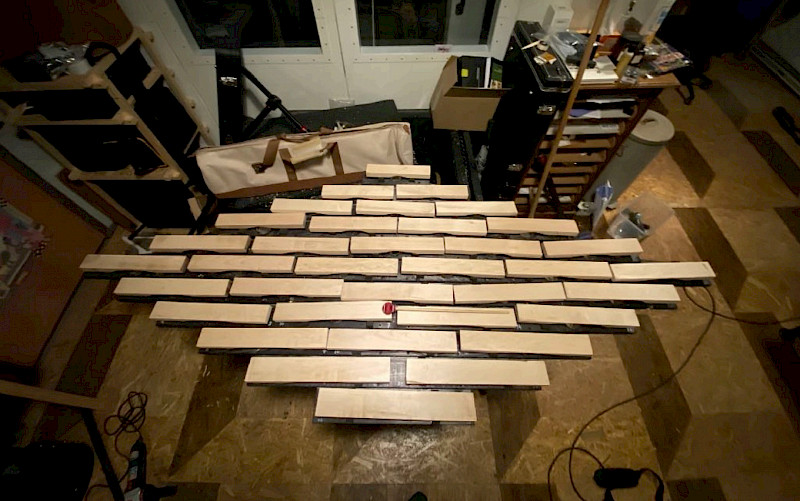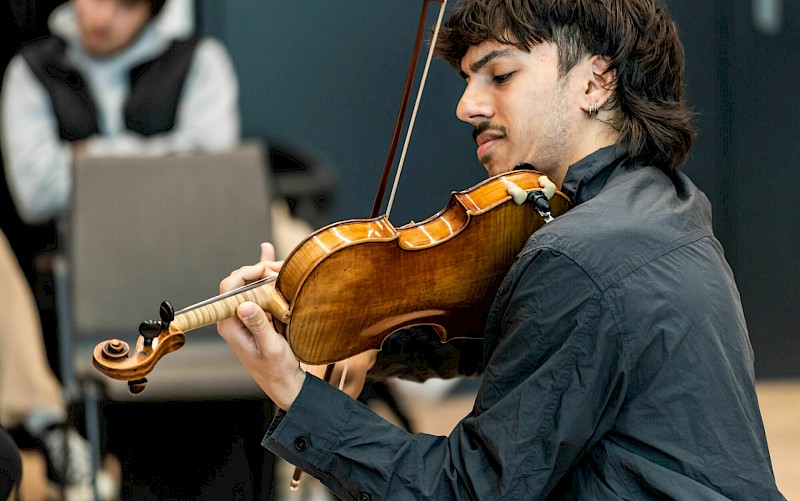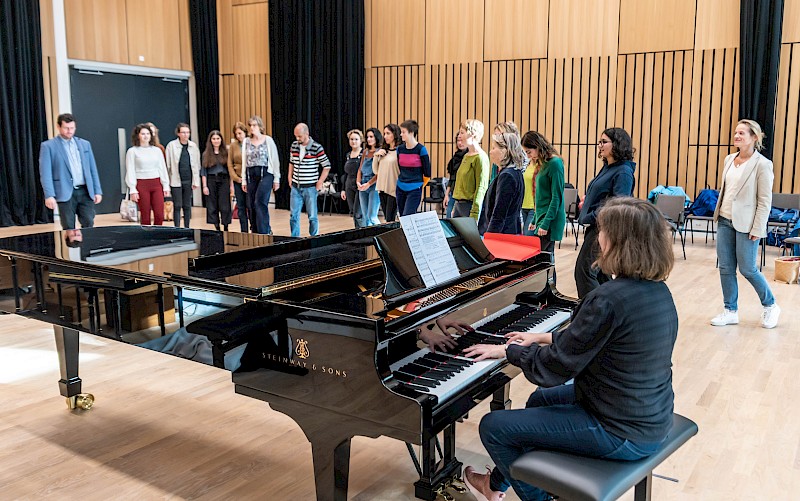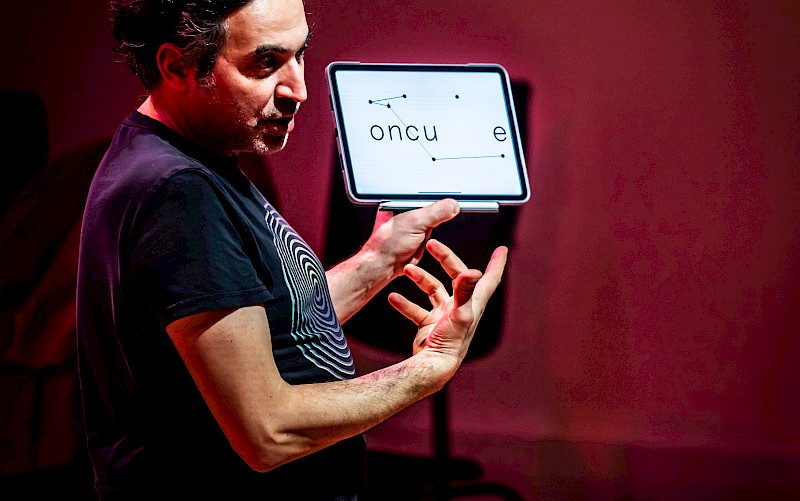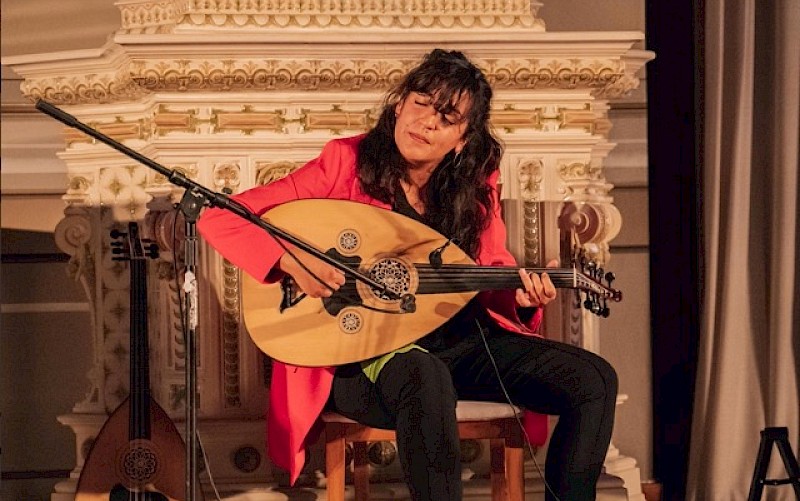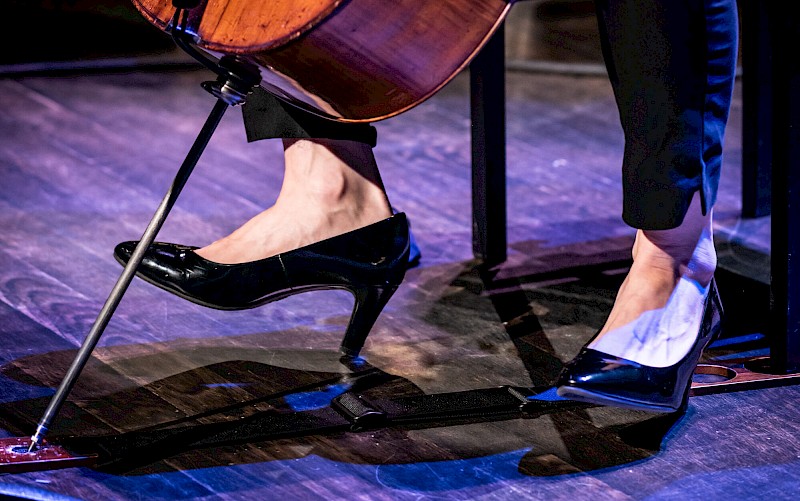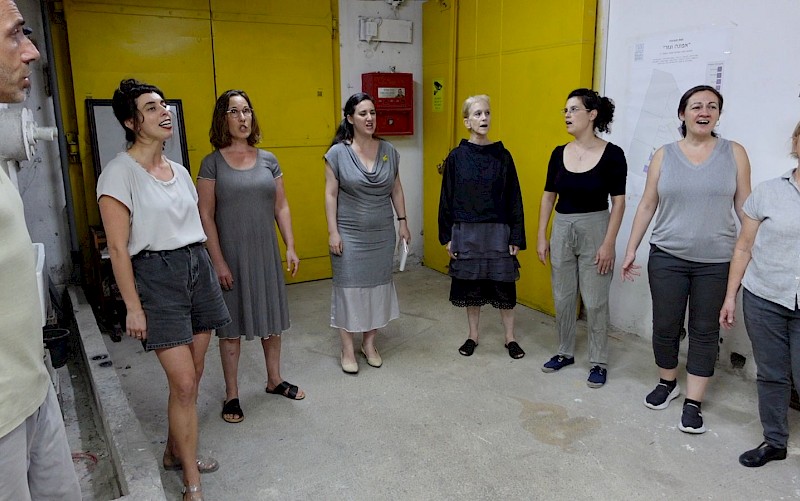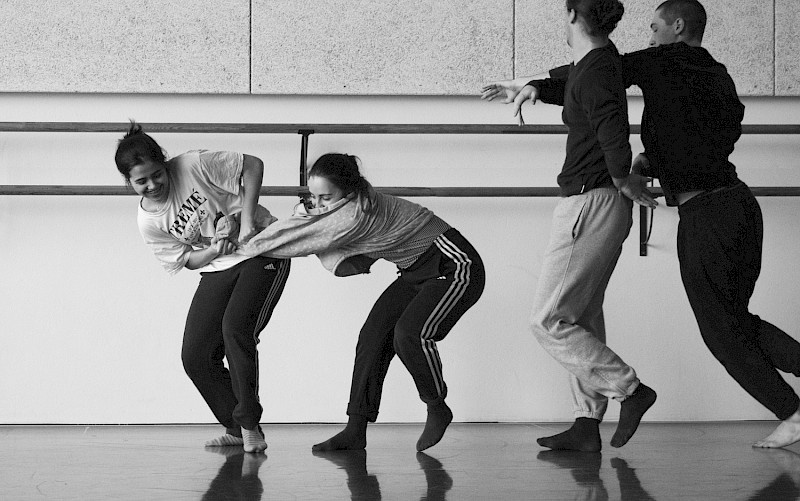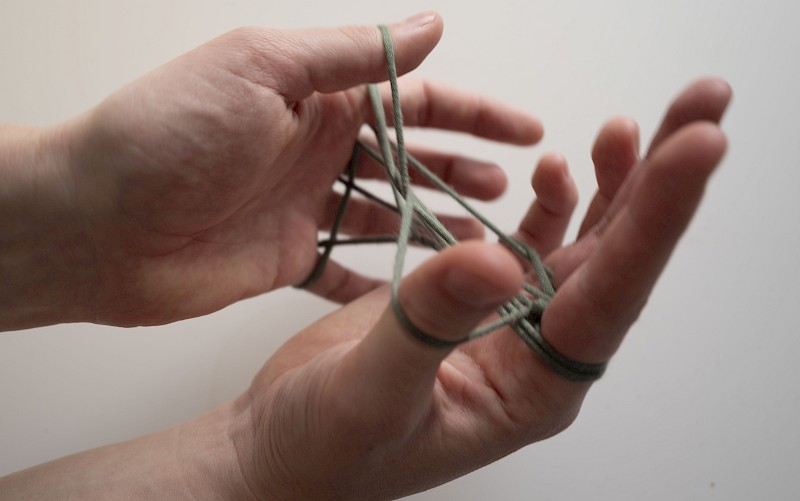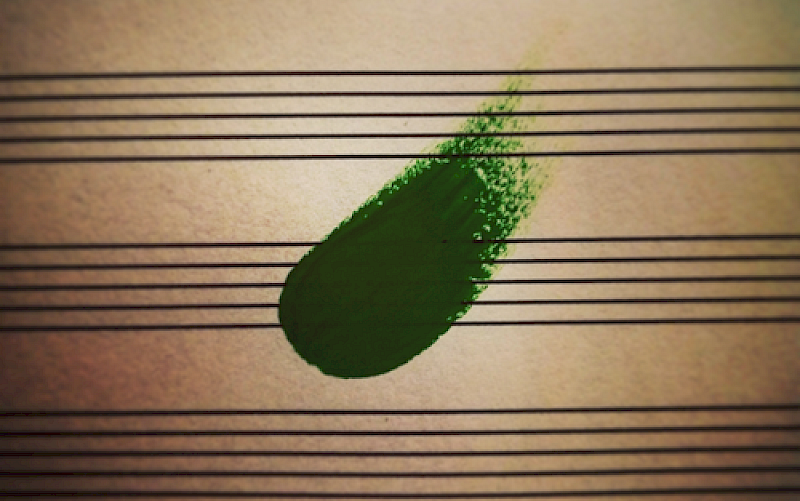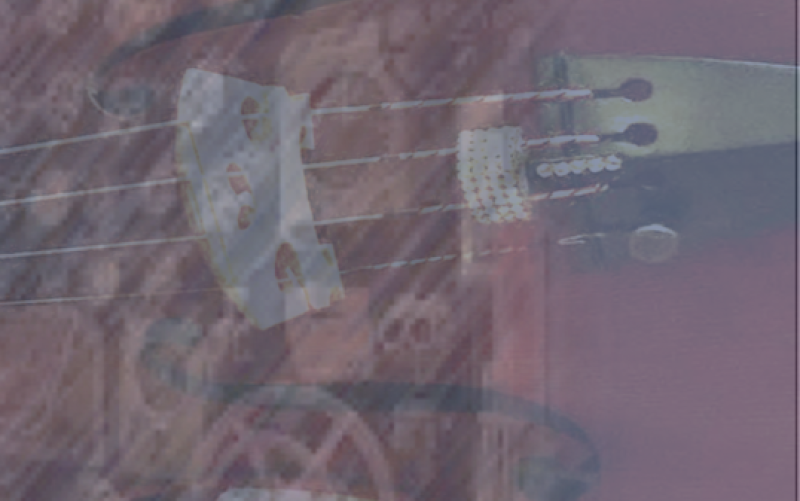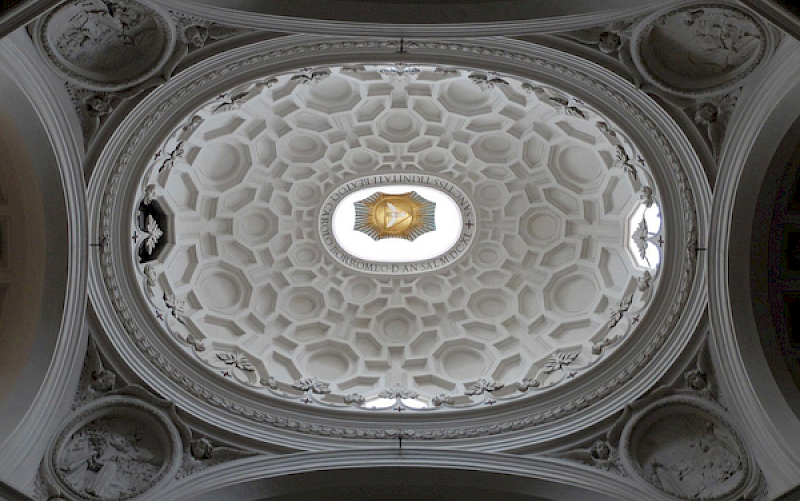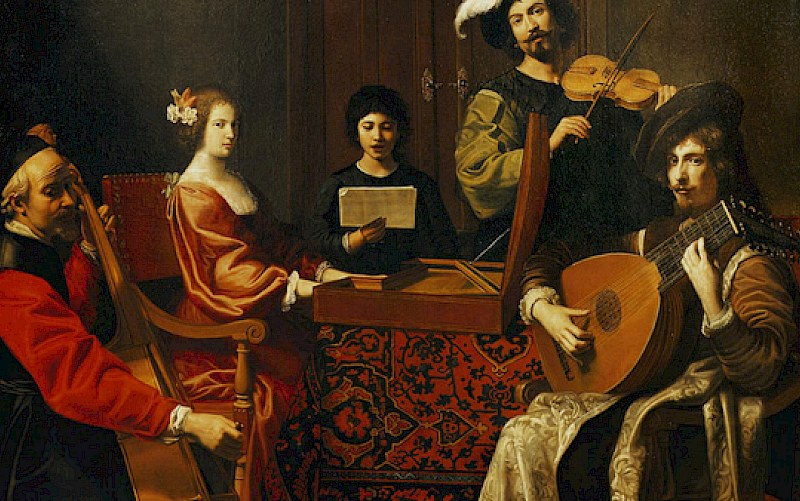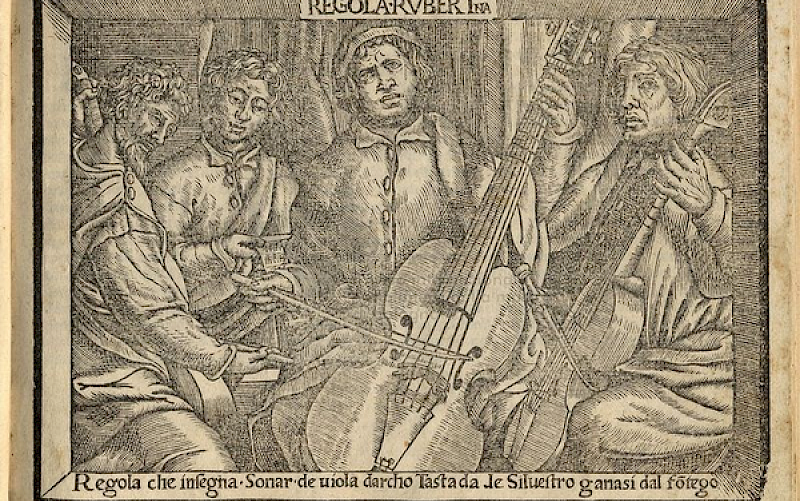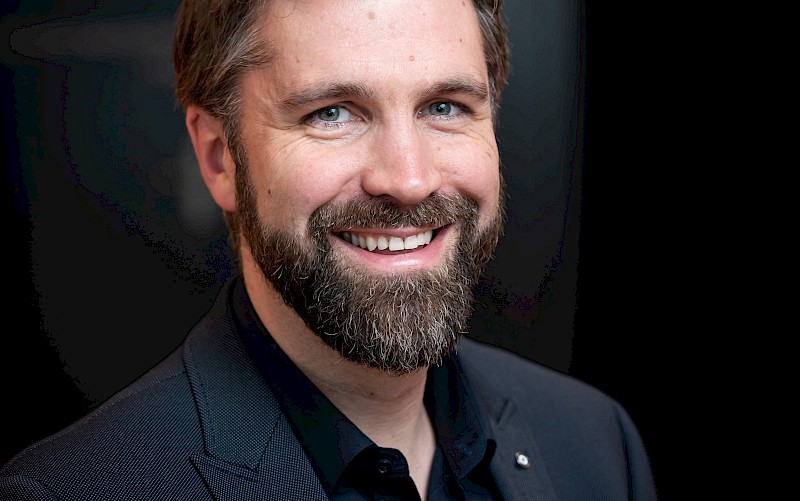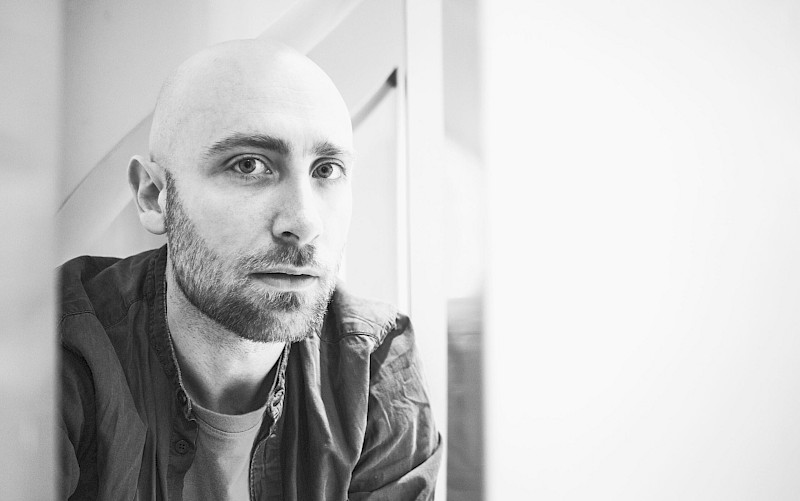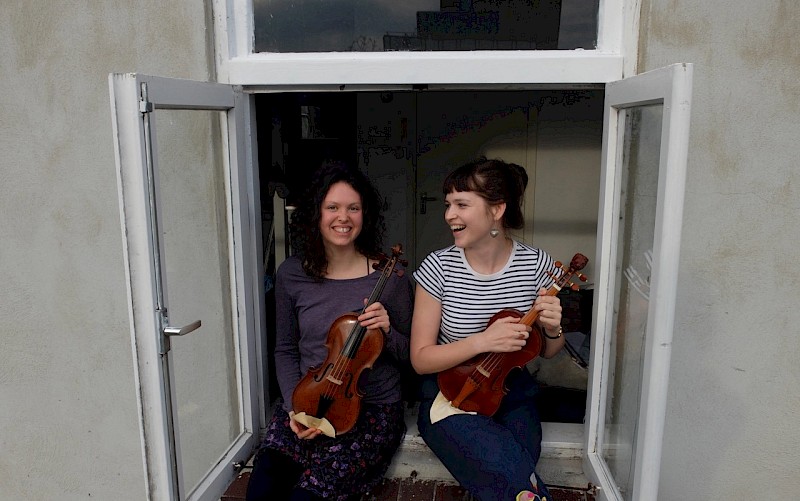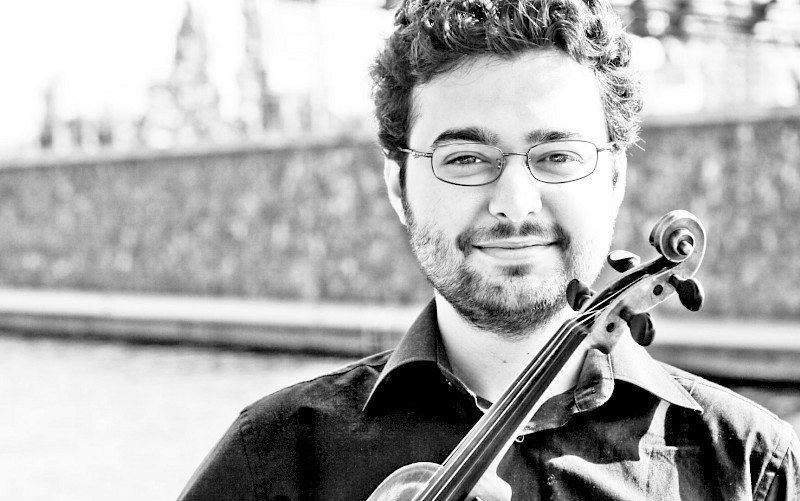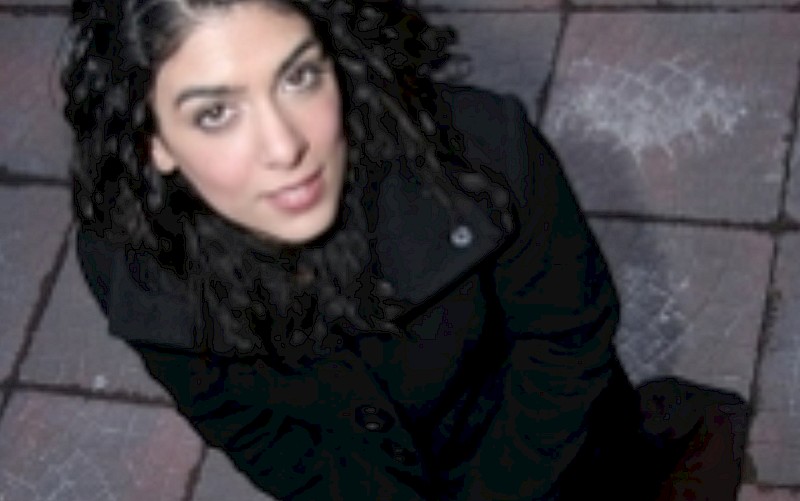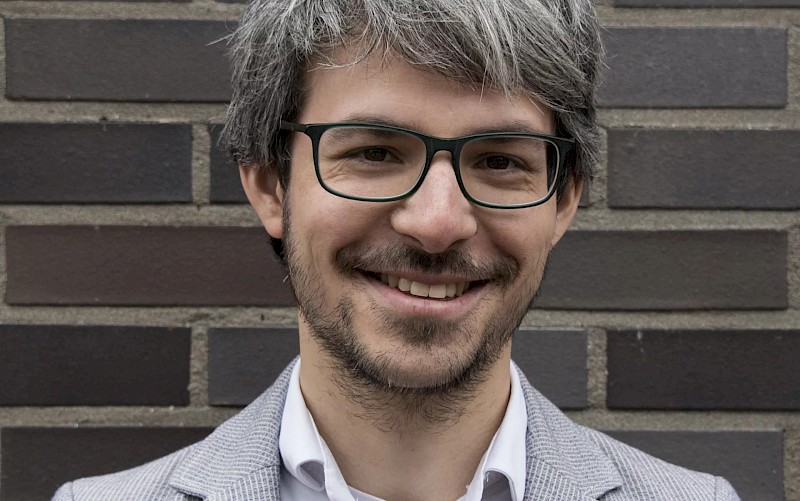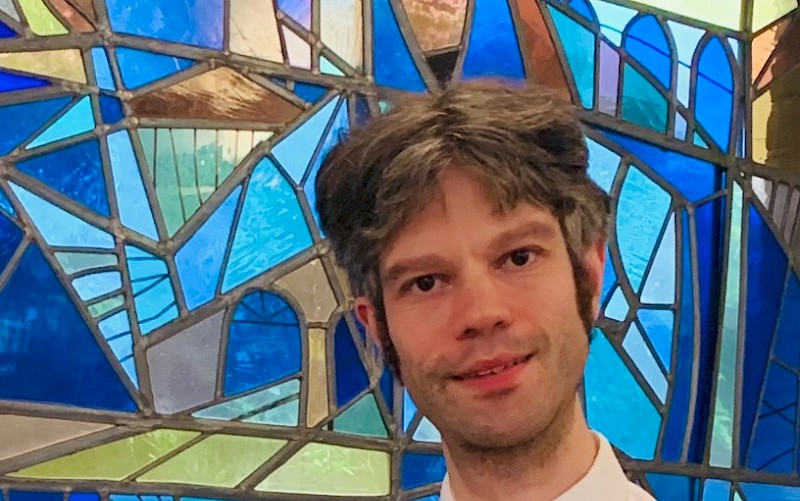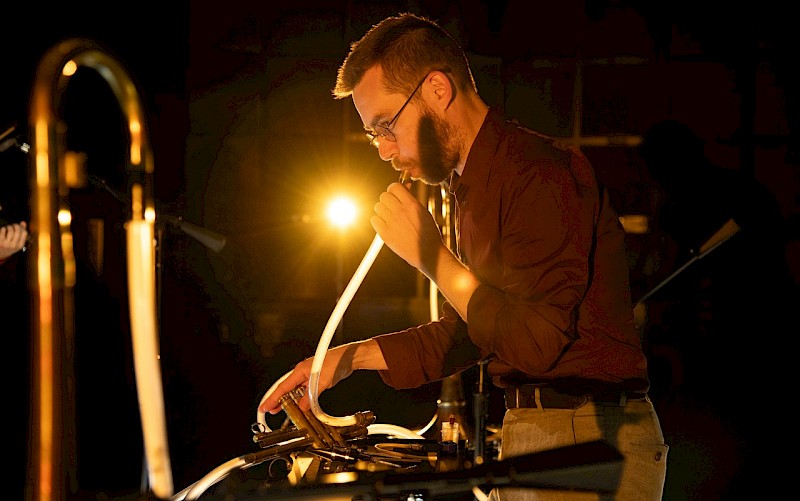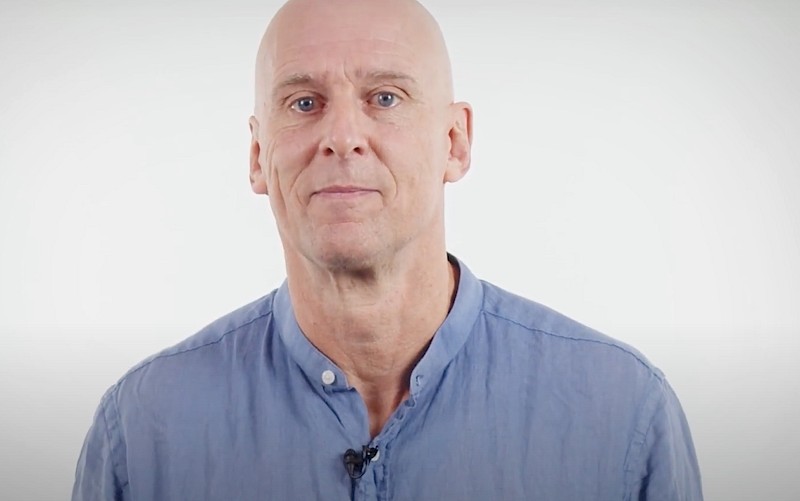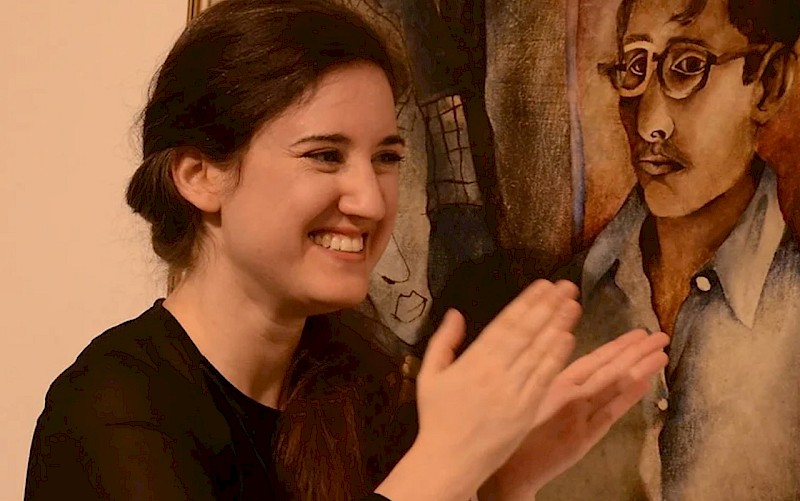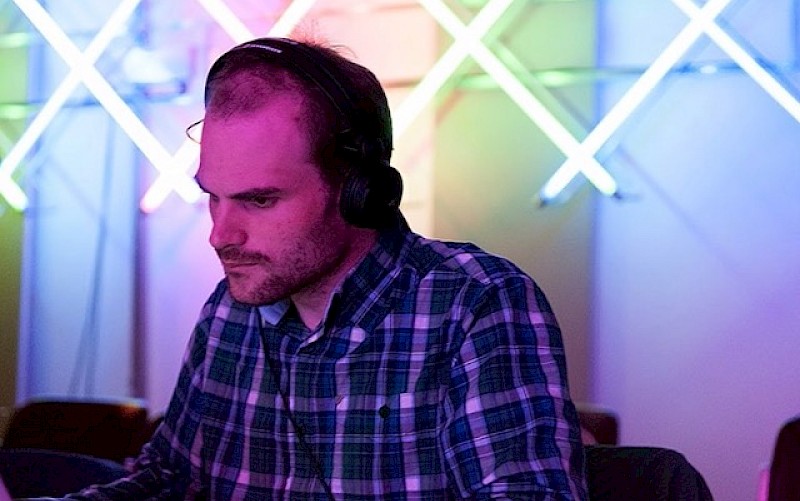Historically Inspired Improvisation - Improvising on basis of 19th-century music making
The average modern classical musician, the performer of music from the common practice era, tends to perform from scores only, and to treat a score like a text that should be converted into sound as precisely as possible. This is usually a one way process: without a score there will be no music. As a result of this attitude the musical languages of the common practice period have become dead languages, more or less like Latin and Ancient Greek, which are (with very few exceptions) no longer spoken actively but only translated into modern languages. More and more musicians become aware of the artistic limitations of this approach. In order to become, like musicians from the past, creative performers who are able to enter into a living relationship with the music, learning how to improvise seems to be a valuable means. The Royal Conservatoire in The Hague (The Netherlands) invests in ‘classical’ improvisation. An environment has been created which fosters the idea that improvisation is important for classical musicians, and a lot of experience has been gathered in teaching improvisation to those students. But what precisely do we mean with the word improvisation? And how exactly do we argue that improvisation is important for the new generations of conservatoire students? Improvisation by classical musicians is often referred to as ‘classical improvisation’ or ‘improvisation in a classical style’. These terms are not without problems, though. I would like to propose the notion of ‘historically inspired improvisation’ instead, indicating improvisation which uses thorough knowledge about music making in the past as a source of inspiration. ‘H.I.I.’ doesn’t necessarily aim for style imitations; rather, it works the other way around: integrating what we can use from historical music practices into our own creative music making. In this way, improvisation has the potential to fertilize all our ‘musicking’ (Chr. Small) – even when we play from scores. In my essay, a recorded student improvisation will be taken as a starting point. I will analyse and comment upon this recording, developing the idea of musical ‘loci communes’ which enables us to connect improvisation with the interpretation of a score. It is interesting to compare such insights with original treatises on improvisation, especially Carl Czerny’s Anleitung zum Fantasieren auf dem Pianoforte (1829). Czerny turns out to presume skills that are no longer self-evident to musicians of today, while on the other hand issues which are nowadays important are not addressed in his text at all. Drawing upon the theory of loci communes, I will work out an example of how I think Czerny’s book can still be a valuable source of inspiration today.
Author: Bert Mooiman
